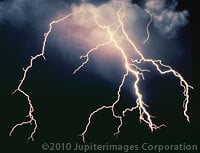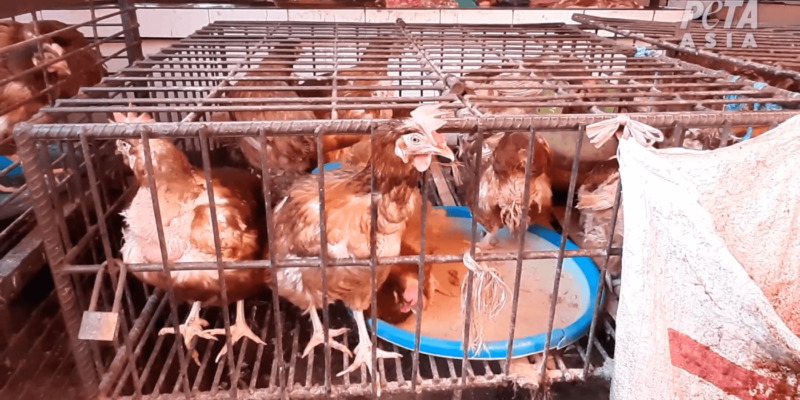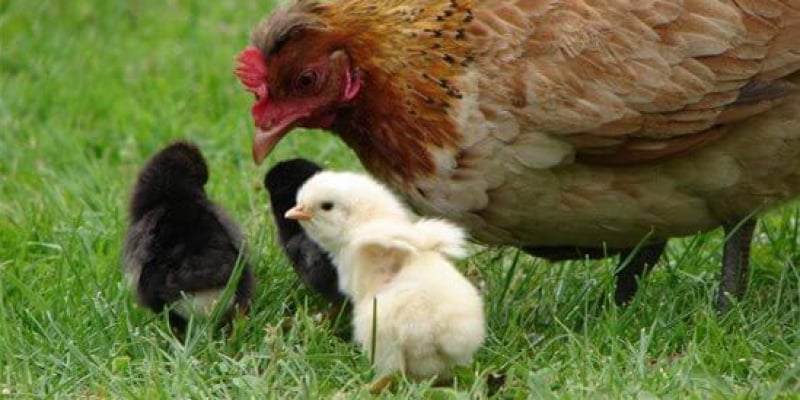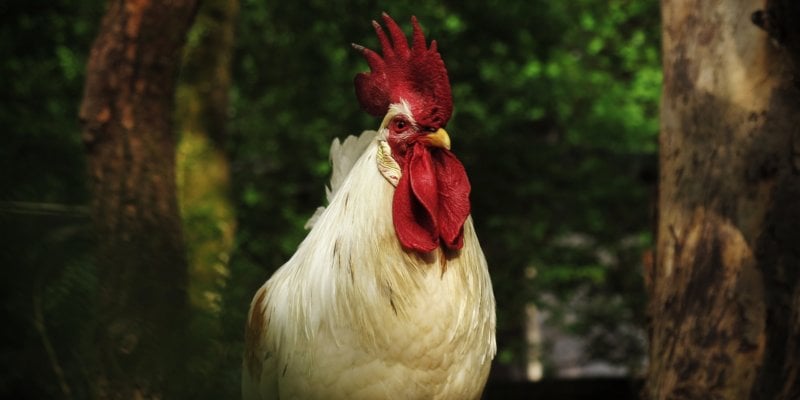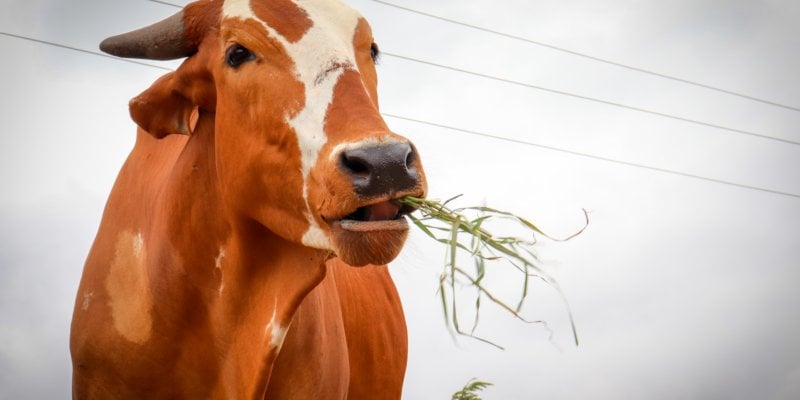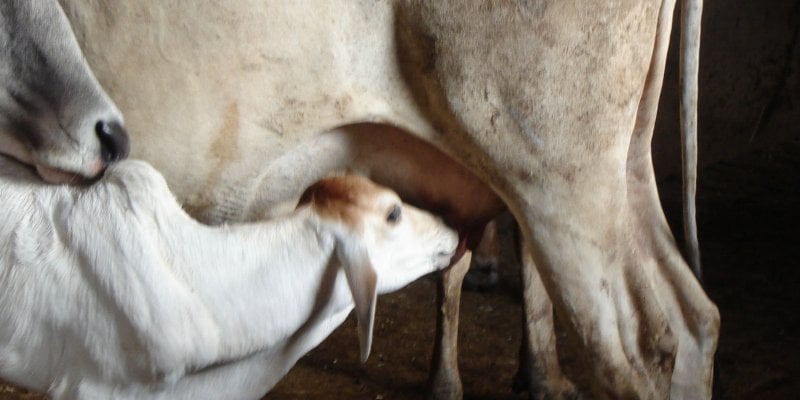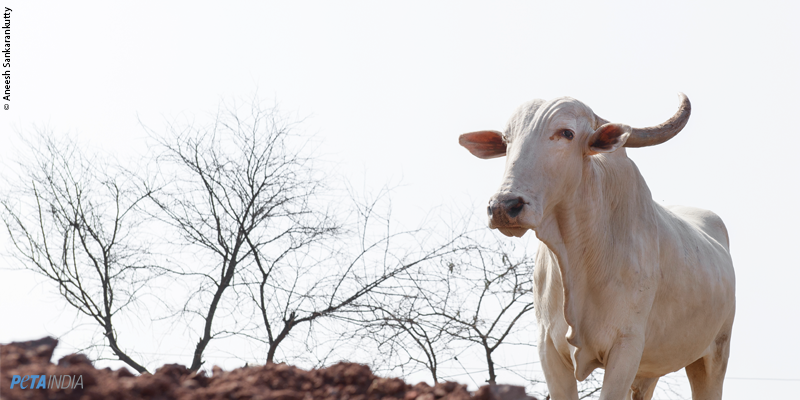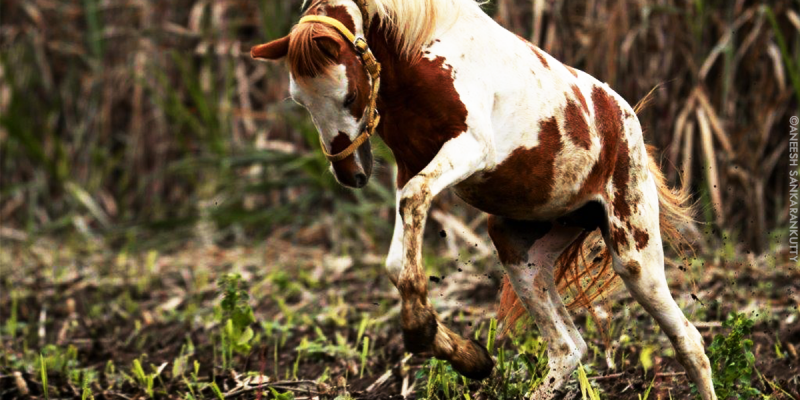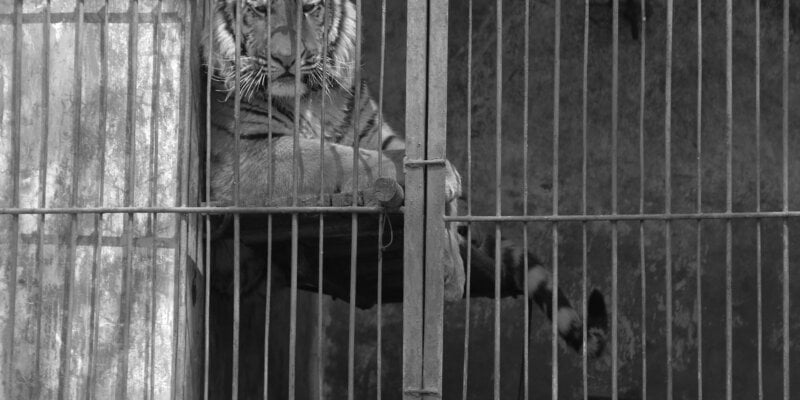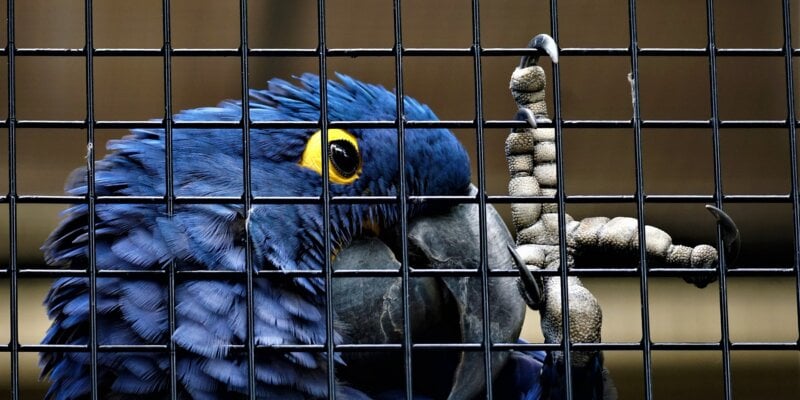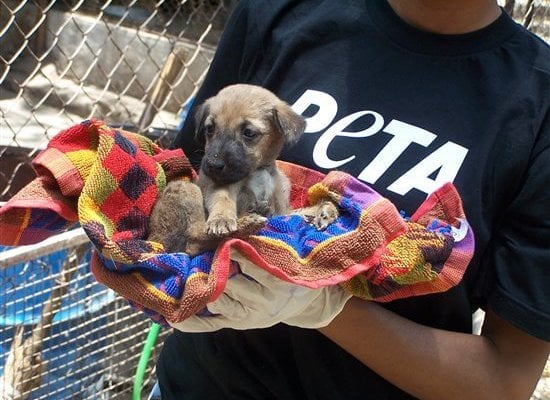Are You Prepared for a Disaster?
Make Plans Now to Protect Animals During Weather Emergencies
With floods and other natural disasters wreaking havoc, worried animal guardians wonder how best to protect their best friends.
There are many effective steps you can take to prepare for weather emergencies, but the most important is to make arrangements ahead of time to ensure animals’ safety in the event of an evacuation. During any emergency, evacuees should never assume that they will be able to return home right away, regardless of what authorities might say.
Take a moment right now to make the following preparations so that you will be ready for any emergency.
Disaster-Preparation Checklist
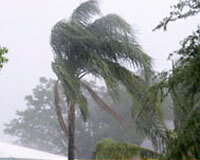 |
Do not leave animals tied up and unattended. During floods, animals who are tied up can easily drown or starve if no one is there to help them.
If at all possible, do not leave animals behind. There is no way of knowing what might happen to your home while you are away, and you may not be able to return for days or even weeks. Animal companions who are left behind may become malnourished or dehydrated or get crushed by collapsing walls. They may drown or escape in fear and become lost.
All animals should have collars with some sort of identification printed on them. Make sure that you have a current photo of your animal companion for identification purposes, just as you would have a child’s photo on hand.
Place an emergency window sticker near your front door in case there is a weather emergency or fire when you are not home. This sticker will let rescuers know that there are animals in your home who need help. Be sure to note how many animals are in the home and where they can be found.
Have an animal emergency kit on hand. The kit should include a harness and leash, a carrier, bottled water, dry food and water bowls. If you have a cat, have some litter and a small litter tray ready to go. The kit will be helpful if you must grab your animals quickly or if you encounter an animal on the road in need of help. You might also need blankets to cover carriers in order to help keep animals calm during transport.
Hotels often lift their “no pets” policies during emergencies, but you should keep a list of hotels that always accept companion animals just in case. Include your local animal shelter’s number on your list of emergency numbers – the shelter may be able to provide information during a disaster.
If you are unable to return to your home right away, you may need to board your animal companion. Most boarding kennels, veterinarians and animal shelters will require you to provide medical records to ensure that rabies vaccinations are current, so keep copies of these records with your emergency kit.
What to Do If You Must Leave Your Animal Behind
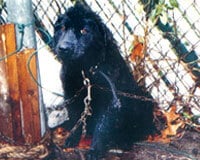 |
Never turn animals loose, and do not assume that they can get by on “instinct”. Domesticated animals rely on human companions for many things and will be nearly helpless outside, especially in bad weather. Do not tie animals outside or leave them in a vehicle unattended. Leave them in a secure area inside your home.
Leave out at least a 10-day supply of water. Fill all your bowls, pans and containers with water and set them on the floor; do not leave just one container – it may spill. Fill sinks too. If your toilet bowl is free of chemical disinfectants, leave the toilet seat up to provide animals with one more source of water, but do not make that the only source.
Leave out at least a 10-day supply of dry food. Canned food will go bad quickly.
If you cannot get to your home, contact a reliable neighbour or friend to check on the animals and get them out, if possible. Provide specific instructions on caring for your animals.
For more information, please visit PETA US’ disaster preparedness website at HelpingAnimals.com.
Helping Wild Animals
Wild animals may also need help during severe storms. Strong winds and gusts generated by tropical storms often throw young squirrels and baby birds from their nests. Flooding from significant rainfall may also force small mammals from their subterranean homes.
Following severe weather, be sure to search carefully through debris and in nearby creeks and streams for animals who have been displaced from their homes. These animals may need help right away. Keep a list of area veterinarians and wildlife rehabilitators handy.



